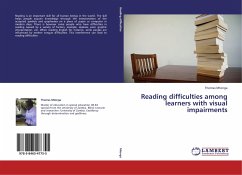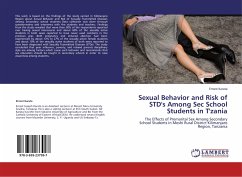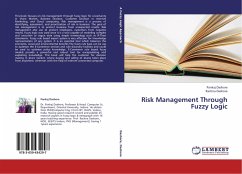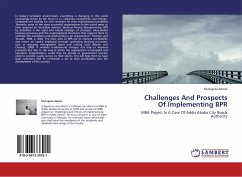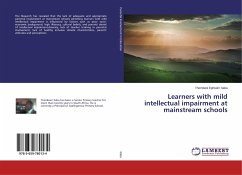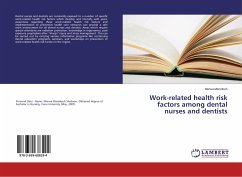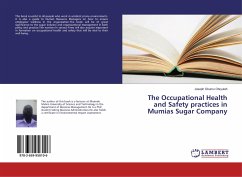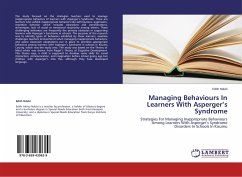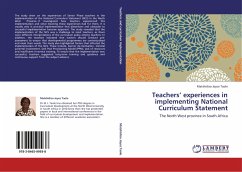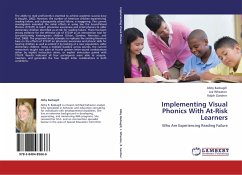
Implementing Visual Phonics With At-Risk Learners
Who Are Experiencing Reading Failure
Versandkostenfrei!
Versandfertig in 6-10 Tagen
39,99 €
inkl. MwSt.

PAYBACK Punkte
20 °P sammeln!
The ability to read proficiently is essential to achieve academic success (Levy & Vaughn, 2002). However, the number of American children experiencing reading failure, and subsequently school failure, is staggering. The current investigation extended the initial efforts in using See the Sound/Visual Phonics (STS/VP) to teach phonemic awareness and initial phonics to older elementary children identified as at-risk for reading failure. There has been strong evidence for the effective use of STS/VP as an intervention tool for low-performing kindergarten children (Cihon, Gardner, Morrison, and Pau...
The ability to read proficiently is essential to achieve academic success (Levy & Vaughn, 2002). However, the number of American children experiencing reading failure, and subsequently school failure, is staggering. The current investigation extended the initial efforts in using See the Sound/Visual Phonics (STS/VP) to teach phonemic awareness and initial phonics to older elementary children identified as at-risk for reading failure. There has been strong evidence for the effective use of STS/VP as an intervention tool for low-performing kindergarten children (Cihon, Gardner, Morrison, and Paul, 2008). The proposed study attempts to replicate the existing literature base on the effects of STS/VP on phonemic awareness and phonic skills for hearing children as well as extend it by looking at a new population, older elementary children. Using a multiple baseline across sounds, the current researchers taught two pairs of fourth graders letter-sound combinations either by explicit instruction alone, or explicit instruction paired with STS/VP. Results indicated all four participants were able to acquire, maintain, and generalize the four taught letter combinations in both conditions.





